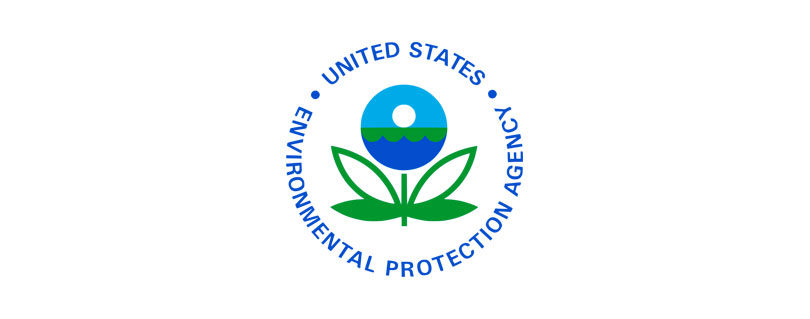EPA to award Massachusetts $275,000 to support water quality monitoring at beaches
Publilshed by the U.S. Environmental Protection Agency (EPA)
BOSTON (Aug. 11, 2023) – Today, the U.S. Environmental Protection Agency (EPA) announced a $275,000 grant to the Massachusetts Department of Public Health to protect the health of beachgoers. This funding is part of $10.6 million in grants, announced in May, to help coastal and Great Lakes communities. The funding will support water quality monitoring and public notification programs for beaches.
Standing with partners at Tenean Beach in Dorchester today, EPA Regional Administrator David Cash highlighted the importance of the funding, especially for vulnerable communities.
“With so many beach closures across New England this summer, people want to know ‘where can I go swimming in clean water?’,” said EPA New England Regional Administrator David W. Cash. “Today’s grant will advance environmental justice in communities vulnerable to and overburdened by water quality impacts by supporting critical monitoring and notification programs. We will continue to work closely with our state, municipal and local partners to deliver information that people need to make good decisions about their health. The results of monitoring can also help us enforce environmental laws and make investments, so beach closures become a thing of the past.”
This grant helps fund programs to ensure beachgoers know when our coastal waters are safe for swimming and recreation.
Under the Beaches Environmental Assessment and Coastal Health (BEACH) Act, EPA awards grants to eligible state, Tribal, and territorial applicants to help them and their local government partners monitor water quality at coastal and Great Lakes beaches. When bacteria levels are too high for safe swimming, these agencies or their local partners notify the public and post beach warnings or closings.
Since 2001, EPA has awarded nearly $216 million in BEACH Act grants, including over $25 million to New England states, and almost $5.6 million to Massachusetts, to test beach waters for illness-causing bacteria and help with public notification and identification of the problem. This program is essential for protecting the health of beachgoers across the country.
“Massachusetts is home to some of the nation’s most treasured beaches and coastline. Families and visitors alike shouldn’t have to worry that the waters they swim in are unsafe or unsanitary,” said U.S. Senator Ed Markey. “I am grateful for the tireless work of local, state, and federal partners who are doing their part by not only monitoring these waters, but by working together to remove waste and remediate environmental injustice. We have more to do to keep beachgoers informed and our beaches open.”
“With climate change bringing us more extreme heat, DCR’s beaches and waterfronts play a vital role in helping our families and children cool down during the summer months, said Massachusetts Department of Conservation and Recreation Commissioner Brian Arrigo. “We are committed to continuing to work with our federal and state partners including EPA and DPH to ensure that our waters are as clean as possible and that beachgoers are educated about when it is and isn’t safe to swim in our oceans and lakes.”
“Protecting the people of Boston from coastal flooding and enhancing the environment along its shoreline are top priorities for the City of Boston and the Boston Planning & Development Agency,” said Rich McGuinness, Deputy Director for Climate & Coastal Resilience Infrastructure Delivery. “We have been fortunate to partner with Massachusetts Department of Conservation and Recreation, Massachusetts Office of Coastal Zone Management and the Dorchester community this year to develop schematic designs for Tenean Beach that achieve those goals. This recently published report is the first step towards completing design and starting construction in this critical area of our city. We look forward to the work ahead.”
EPA’s 2023 BEACH Act grant funding will be allocated to the following New England states, contingent upon their meeting the eligibility requirements:
EPA Region 1
Massachusetts $275,000
Connecticut $236,000
Maine $272,000
New Hampshire $214,000
Rhode Island $228,000
More information on BEACH Act grants.
Check the relevant state, Tribal, or territorial beach program website for closing or advisory information at a particular beach.
Massachusetts Department of Public Health Interactive Beach Water Quality Dashboard
Read the full article at: https://www.epa.gov/newsreleases/epa-award-massachusetts-275000-support-water-quality-monitoring-beaches


